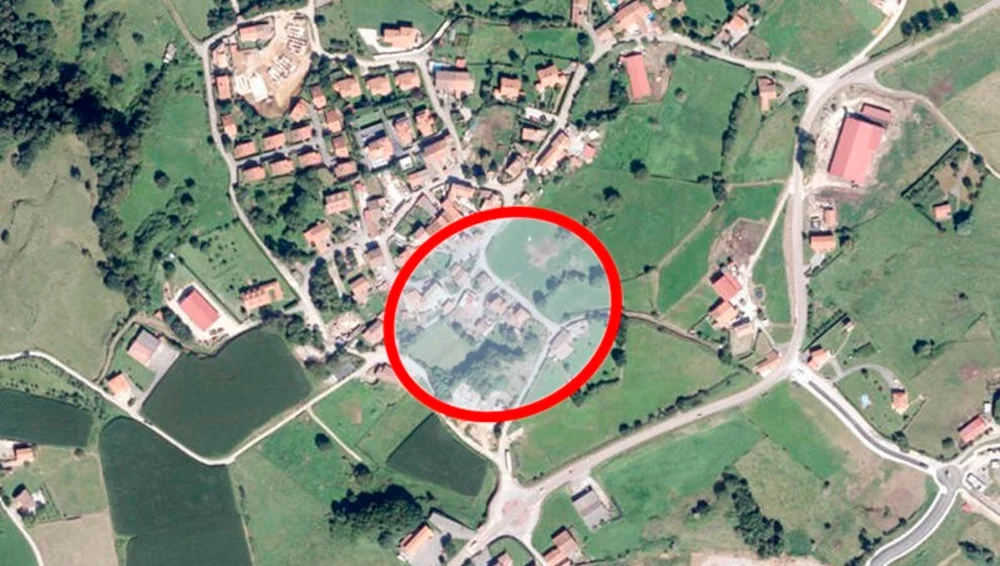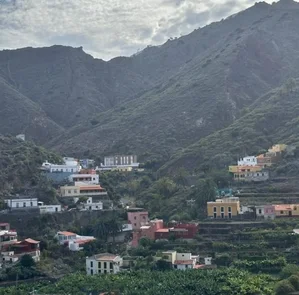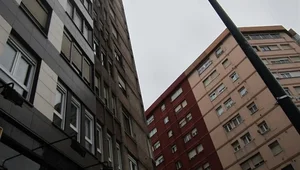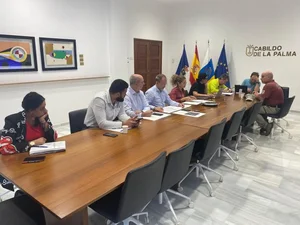Significant Strides in Affordable Housing: Cantabria’s Ambitious Plans

In a notable move to address the pressing issue of affordable housing, the government of Cantabria, led by President María José Sáenz de Buruaga, has been making substantial strides. A recent agreement and several ongoing initiatives highlight the region's commitment to providing accessible housing for its residents.
Agreement for 42 Affordable Housing Units in Torrelavega
On February 4, 2025, the Consejería de Vivienda (Housing Department) and the Ayuntamiento de Torrelavega (Torrelavega City Council) signed a significant agreement. This pact involves the cession of a municipal parcel to Gesvican, a public company dedicated to promoting affordable housing, for the construction of 42 protected housing units in the El Valle area of Sierrapando, Torrelavega[1].
The parcel, spanning 2,210 square meters, was approved for cession by the city council in January, marking a crucial step in the government's plan to build 285 protected housing units across nine municipalities during this legislative term. This initiative is part of a broader strategy to tackle the housing deficit and make housing more accessible to those who cannot afford it in the open market.
Additional Housing Projects in Torrelavega
Beyond the 42 units in El Valle, the Housing Department is undertaking two more projects in Torrelavega. One involves the construction of 15 new housing units in the El Zapatón neighborhood on a plot owned by the government. Another project includes the rehabilitation of a building on Calle Marqueses y Pelayo, which will yield 12 new housing units. These projects are set to go to tender once the necessary plans are finalized[1].
PSIR Reform and Collaborative Efforts
President Sáenz de Buruaga has been a strong advocate for the reform of the Plan Singular de Interés Regional (PSIR), a key tool for regional development. The reform aims to streamline administrative processes, promote public-private collaboration, and ensure that at least 30% of new housing units are designated for protected housing. This move is designed to facilitate the construction of both protected and free-market housing without additional costs to taxpayers[2].
The PSIR reform is part of a larger effort to simplify administrative procedures and enhance the efficiency of the administration. Buruaga emphasized that these changes have led to more progress in 18 months than in the previous 18 years, including the elimination of the need for prior appointments for many administrative tasks and the introduction of positive administrative silence, which assumes approval if there is no response within six months[2].
Commitment to Sustainable Development
The government's approach is not only focused on increasing the supply of housing but also on ensuring sustainable development. The projects will adhere to territorial planning and environmental sustainability criteria, dispelling concerns about massive urbanization in rural areas. This commitment underscores the region's dedication to balancing economic growth with environmental protection[2].
Community Support and Collaboration
The collaboration between the regional government and local authorities, such as the Ayuntamiento de Torrelavega, has been pivotal in advancing these housing initiatives. The support from local leaders, including Mayor Javier López Estrada, has been instrumental in making these projects a reality. López Estrada praised the government's efforts to address the housing issue, emphasizing the need for public administrations to utilize all available tools to resolve this critical problem[1].
In summary, Cantabria is taking bold steps to address its housing challenges through a combination of public-private partnerships, administrative reforms, and a strong commitment to sustainable development. These initiatives promise to make a significant impact on the lives of residents, particularly those struggling to access affordable housing.
Related Stories

Hermigua Municipality Initiates Public Housing Project with Land Acquisition
Hermigua on La Gomera announces a public tender for land to build public housing, aiming to meet the growing demand for affordable living spaces.

Canary Islands Grapple with Demographic and Migration Challenges: Local Solutions Proposed
Facing demographic and migration challenges, the Canary Islands propose measures to integrate migrants and address an aging population, amid a surge in arrivals.

Economic Ways to Heat Your Home This Winter: OCU's Guide for Expats in Spain
OCU shares three cost-effective heating methods for expats in Spain, including optimizing heating systems, using layered insulation, and smart heating schedules, to cut winter bills.

Hostelers in Cantabria Demand Regulation of Tourist Apartments, Campervan Areas, and Street Parties
Hostelers in Cantabria call for regulation of tourist apartments, campervan areas, and street parties to combat unfair competition and ensure a level playing field in the hospitality industry.

New Housing Development Approved in Puerto Naos, La Palma
La Palma's Cabildo approves 21 new homes in Puerto Naos, aiming to boost local housing, economy, and tourism while preserving natural beauty.